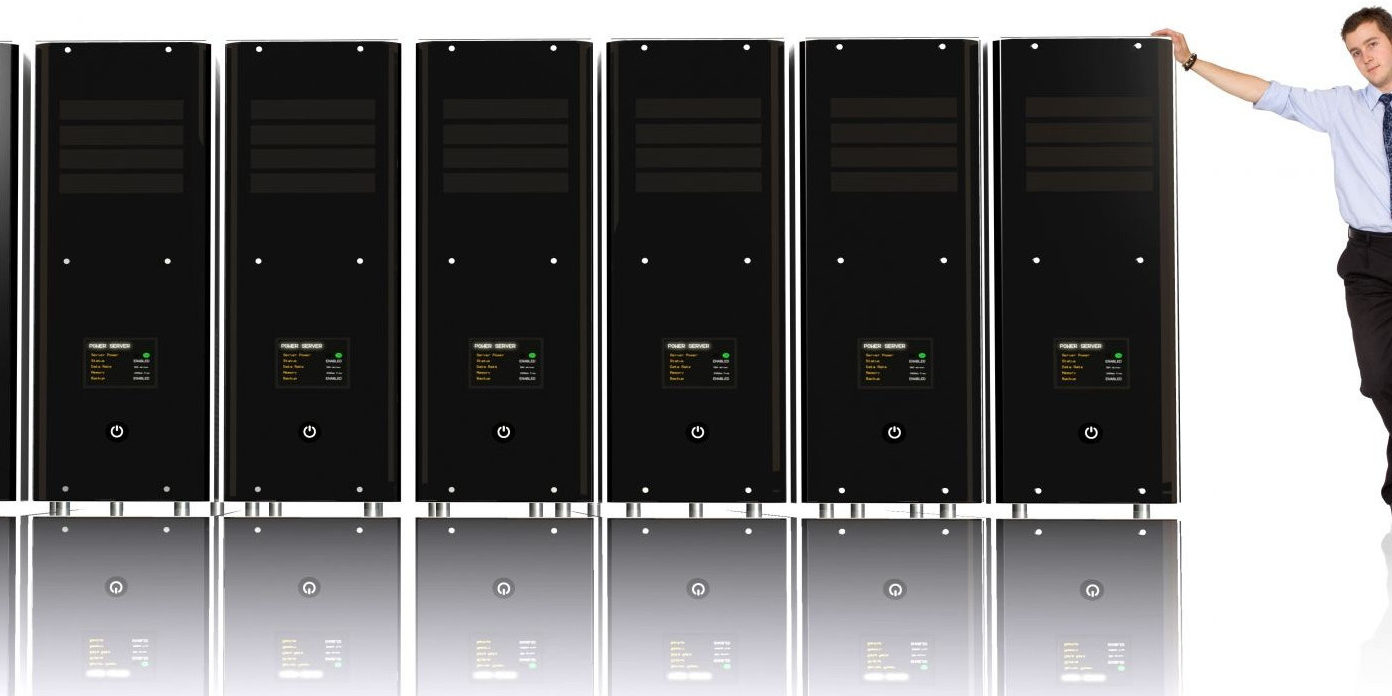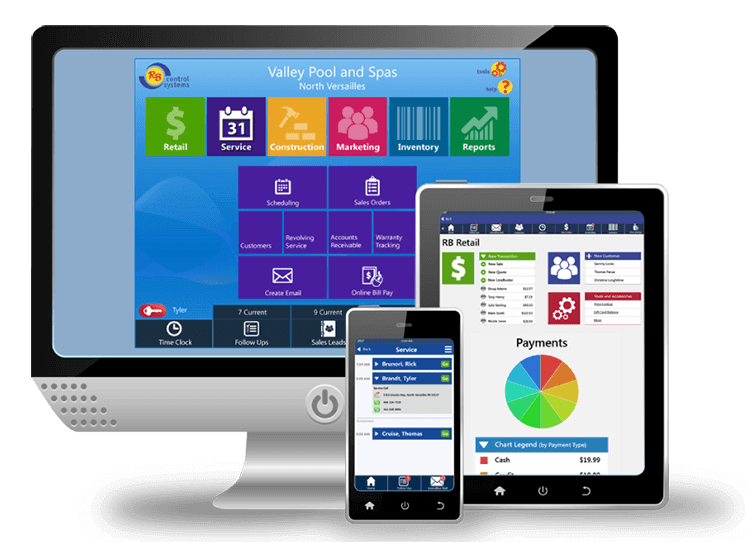Dedicated Server vs Cloud Servers
A Practical Guide for the Everyman
Thinking of moving your files to the cloud? Before making the decision to get rid of your server and move to the cloud here are a few things to consider.
A dedicated server is a physical computer that is purchased and installed at your location just for your companies use. Think of it as a house. You own it, you don’t share it with anyone and you’re responsible for a majority of the maintenance. A cloud server is a shared virtual network environment that’s managed by a hosting provider. It’s like living in an apartment complex. You don’t have the keys to each other’s data but you’re sharing a building with many different companies. You don’t have to worry about maintenance but you’re also not in control of the place your data is living. You have a landlord, your hosting provider that will put you on a contract that leases the space to house your data. If something happens in the cloud where your data is stored it’s a lot harder to recover the data since the physical device is not in your hands.
Like a house the initial cost of a physical server is higher but once you own it, it’s yours. You’re free to expand, modify and manage your own server. The downside is that you’re also responsible for your own maintenance and accessing your data from outside your network must be done through remote software.
A virtual server, like an apartment, will have a contract that you must sign and you will pay a monthly fee. Initially it’s going to be cheaper but eventually it might be more cost effective to buy a server. The advantage is that you can access your data from anywhere usually from your smart device, you’re not responsible for updates or IT support for the server, and if something happens at your store the data is safe in the cloud. The downside is that you have restricted control over your dataspace, you must share a server with many other people and data security is not under your control.
Just remember whether you’re using a traditional server or a virtual one both will need to have backups in place. Hardware can fail no matter how you choose to host your files.
Let’s talk processing power. In your own home you have a water heater that’s yours and yours alone. Hot water (or processing power) is readily available to you and quickly replenished. In a virtual server your water heater is shared among all of the residents of that server. If one company needs more hot water that day your available resources are diminished and your service will be lukewarm at best. You can usually choose to pay an additional cost for priority on resources to offset this sharing system.
Selecting the right server solution for your company is an important business decision. The choice you make will depend on your goals and your IT resources. We are here to help guide you to the best solution for your company. For additional information please reach out to our knowledgeable tech support.





